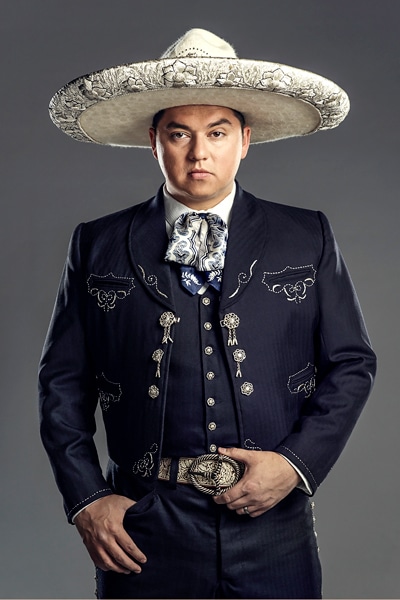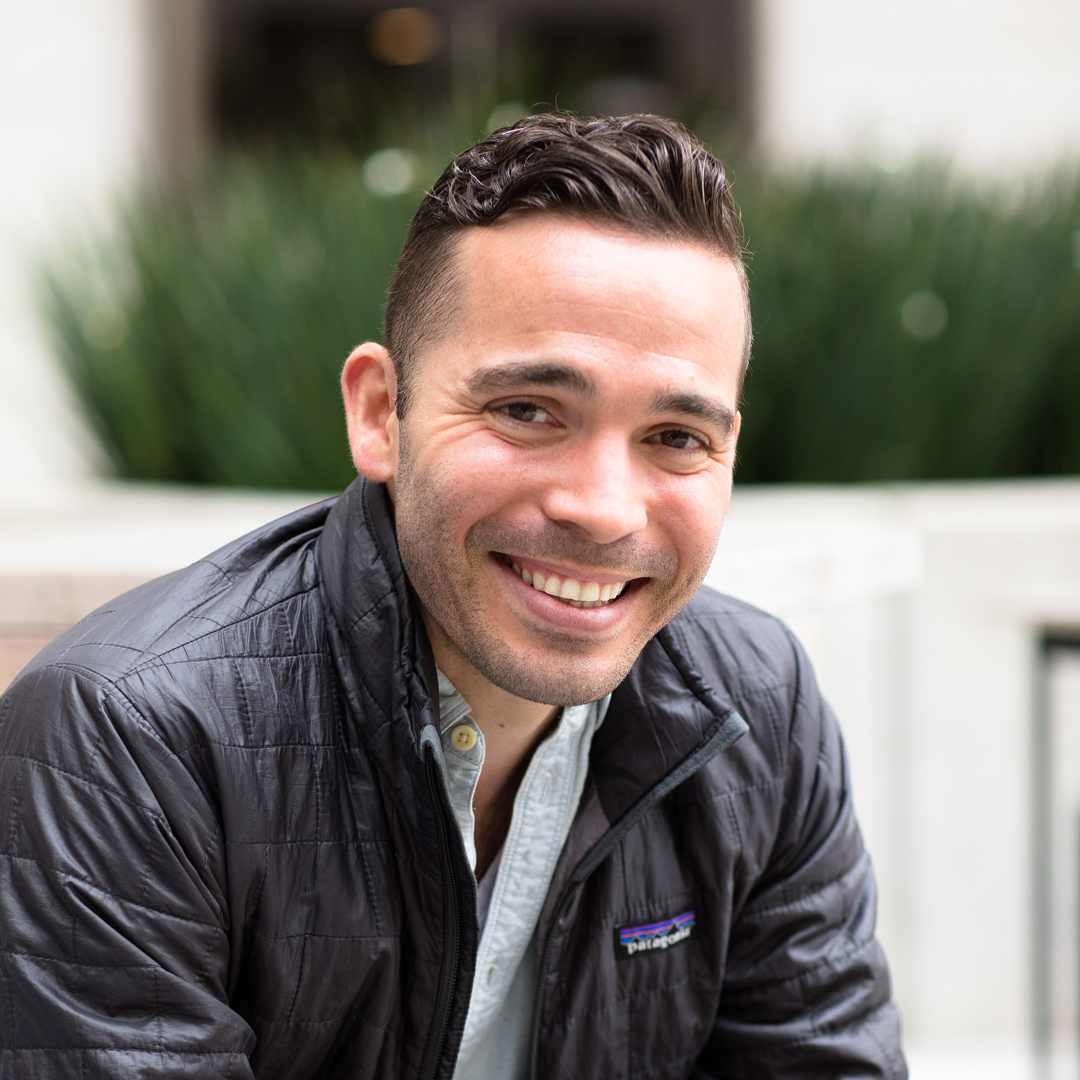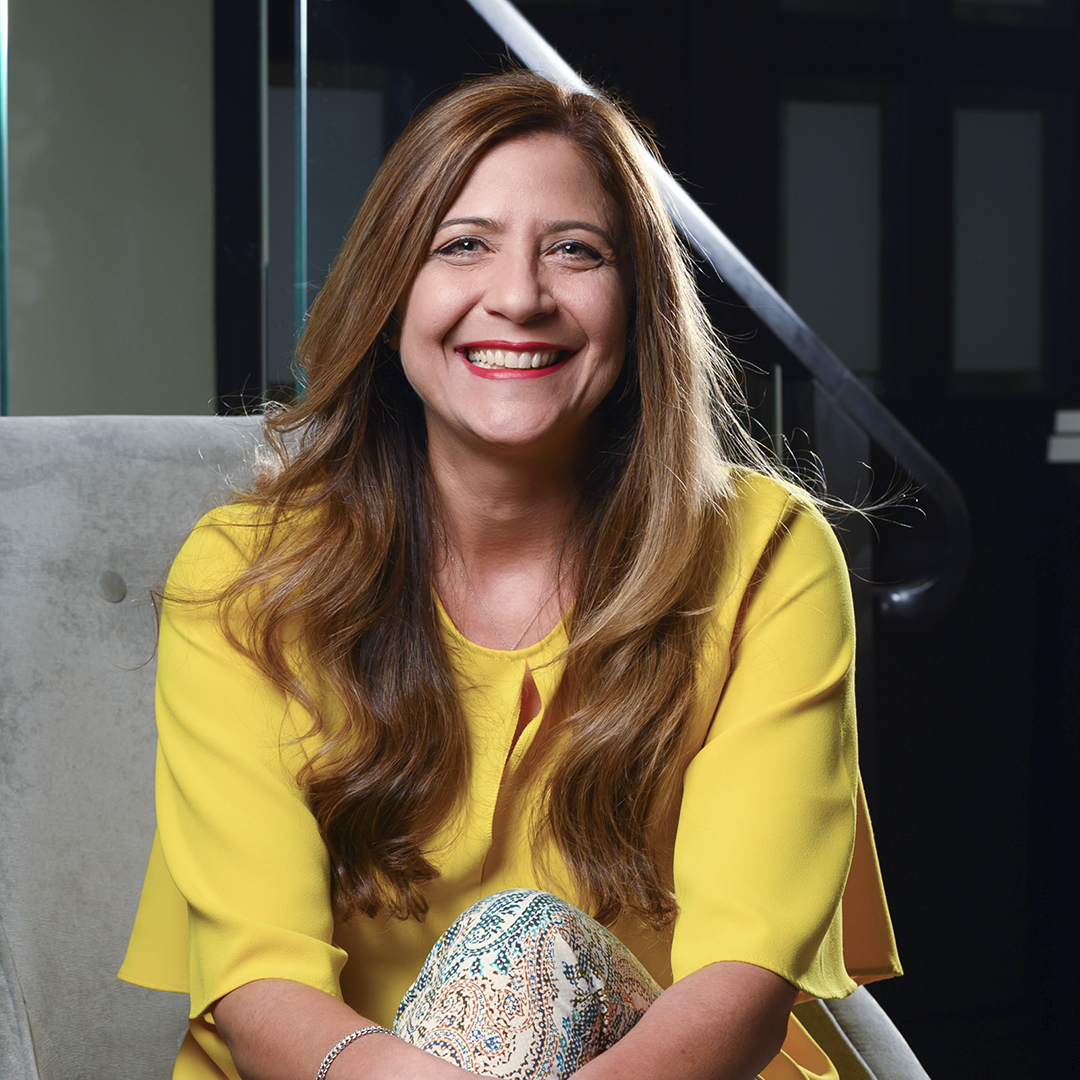|
Getting your Trinity Audio player ready...
|
Alex Corral’s grandfather is never far from his mind. It’s not just the fact that Corral’s marketing and advertising firm, the Joe Agency, is named for Jose Corral Favela (though that helps). The life his grandfather lived and the lessons he passed on, Corral says, guide him to this day.

“He was a Mexican immigrant who got deported but made his way back, became a busboy, a dishwasher, and then worked his way up to be the head chef at a very exclusive French restaurant in Santa Monica,” Corral says. “This was before being a chef was a cool job.” He passed away in 2018 at the age of eighty-eight, and a year before that he was still fixing toilets throughout his apartment building.
“He would tell me, ‘The harder you work, the luckier you get,’” Corral adds. “I remember when I was younger he once showed me his hands and made me show him mine. He pointed out his calluses and how smooth my hands are, and he said, ‘I worked hard so that you don’t have to use your hands the way I did.’”
Although Corral might not do the kind of physical labor that his grandfather did, the dedicated work ethic remains. He’s the creator, executive producer, and star of the Hulu series Los Cowboys as well as the founder and CEO of the Joe Agency. And his work at the Los Angeles-based agency isn’t just about brand collaboration and finding new ways to speak to an audience—it’s about a passion for entertainment that can bring people together and change the way that different cultures are perceived throughout the United States.
“The greatest feeling I get is walking into a room of C-suite executives in New York or Chicago or Miami and telling people about our culture and the numbers of a potential audience out there that they can reach,” he says. “When you have a room full of senior executives flabbergasted by this information, it’s very fulfilling, because to me, I’m just sharing stories.”
“We were told no one listens to regional Mexican music, but to me, this is a big part of my own upbringing and if I can do something to share it, then I want to do that. It’s proven to be successful.”
In addition to sharing stories, Corral and the Joe Agency are also cementing identities. Take the agency’s work with Major League Baseball to put the accent marks in certain players’ names on jerseys and printed material (for example, “Gonzalez” becomes “González”). Working with Chrysler and producing commercials for Ram trucks tied to the Los Cowboys even gave the agency a chance to put some regional Mexican music into the mix.
“I think some people are kind of afraid to dabble in that market,” Corral says. “We were told no one listens to regional Mexican music, but to me, this is a big part of my own upbringing and if I can do something to share it, then I want to do that. It’s proven to be successful. There’s a great sense of pride around Mexican culture and when you get a star Mexican player on board with an idea, they can start a movement in two seconds. There’s a reason why the Mexican National Soccer Team is probably one of the most expensive sporting rights to obtain.”
“The work that the generations before us put in to help build this country and create opportunities for us cannot be overlooked.”
Beyond sports, the Joe Agency is also working to bring more regional Mexican musicians into the spotlight—again, as a tip of the cap to Corral’s own formative years.
“I’ve always been around the Mexican regional space,” he says. “Growing up watching the telenovelas my grandparents and parents watched, listening to that music—I’ve never seen that lifestyle represented, but there’s a market for that. It’s just a matter of showing that data to people who have overlooked it, or maybe never even considered it.”
Even with the success he’s found to date, Corral says he has yet to achieve all that he’s trying to do through the Joe Agency. But that’s OK, he says, because it keeps him hungry and searching for more—much like his grandfather.
“The work that the generations before us put in to help build this country and create opportunities for us cannot be overlooked,” he says. “My inspiration comes from those stories and those lessons my grandfather taught me. I’ve always been told that if you’re able to work on something you love, it’s never going to feel like work, and that was my goal since I was a college baseball player. When I knew that wasn’t going to work out, I focused on my passions, which led me back to my culture. This is about more than love and passion—it’s about pride.”
Related Links
AT FCB Global, Jennifer Rodriguez Facilitates an Open Dialogue
Sean Jaquez: “Piracy is a symptom of shifting consciousness from the community to the individual.”

